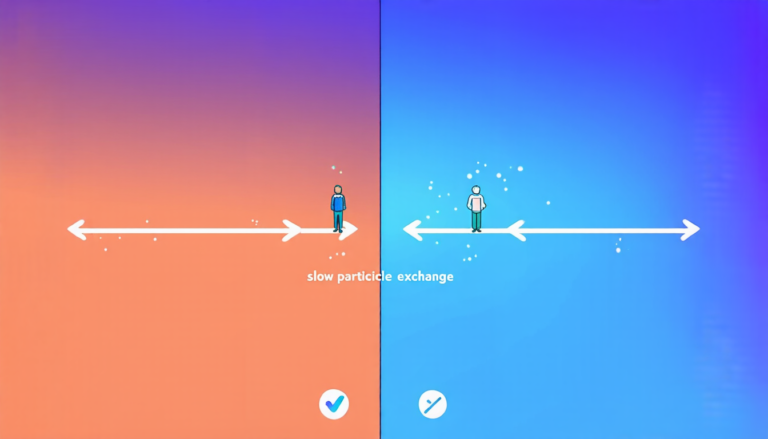Saturday 05 July 2025
Scientists have long dreamed of developing a system that could automatically generate new scientific hypotheses and then test them through experiments. This would revolutionize the way we conduct research, allowing us to make discoveries at an unprecedented scale and speed.
Now, researchers have made significant progress towards achieving this goal. They’ve created a dataset called MATTER-OF-FACT, which contains over 8,000 claims extracted from scientific articles in four high-impact areas of materials science. These claims range from statements about the properties of certain materials to predictions about their behavior under different conditions.
The team then developed several models that can analyze these claims and determine whether they’re feasible or not. Feasibility is a crucial concept here, as it refers to whether a claim is likely to be supported by experimental evidence. If a model determines that a claim is infeasible, it’s essentially saying that the experiment required to test it would be pointless.
The results are impressive. The best-performing model can correctly identify infeasible claims about 82% of the time, which means that scientists could potentially save a significant amount of time and resources by filtering out these claims before running experiments. This is especially important in materials science, where the cost of conducting experiments can be prohibitively high.
But what’s truly exciting about this work is its potential to transform the way we conduct scientific research. By automating the process of hypothesis generation and feasibility assessment, scientists could focus on higher-level tasks like interpreting results and designing new experiments. This would allow them to make discoveries more quickly and efficiently, which could ultimately lead to breakthroughs in fields like medicine, energy, and technology.
The implications are far-reaching. For example, researchers could use this system to identify potential new materials for applications like solar panels or medical devices. They could also use it to predict the behavior of complex systems, like the human brain or climate models, which would be invaluable for understanding and addressing real-world problems.
Of course, there are still many challenges to overcome before this technology becomes a reality. The dataset needs to be expanded to cover more areas of science, and the models need to be fine-tuned to improve their performance. But the progress made so far is undeniable, and the potential benefits are enormous.
In the end, this work represents an important step towards a future where scientists can make discoveries at unprecedented scales and speeds.
Cite this article: “Automated Hypothesis Generation and Feasibility Assessment in Materials Science”, The Science Archive, 2025.
Materials Science, Artificial Intelligence, Scientific Hypotheses, Experimentation, Feasibility Assessment, Machine Learning Models, Dataset, Research Efficiency, Breakthroughs, Automation







